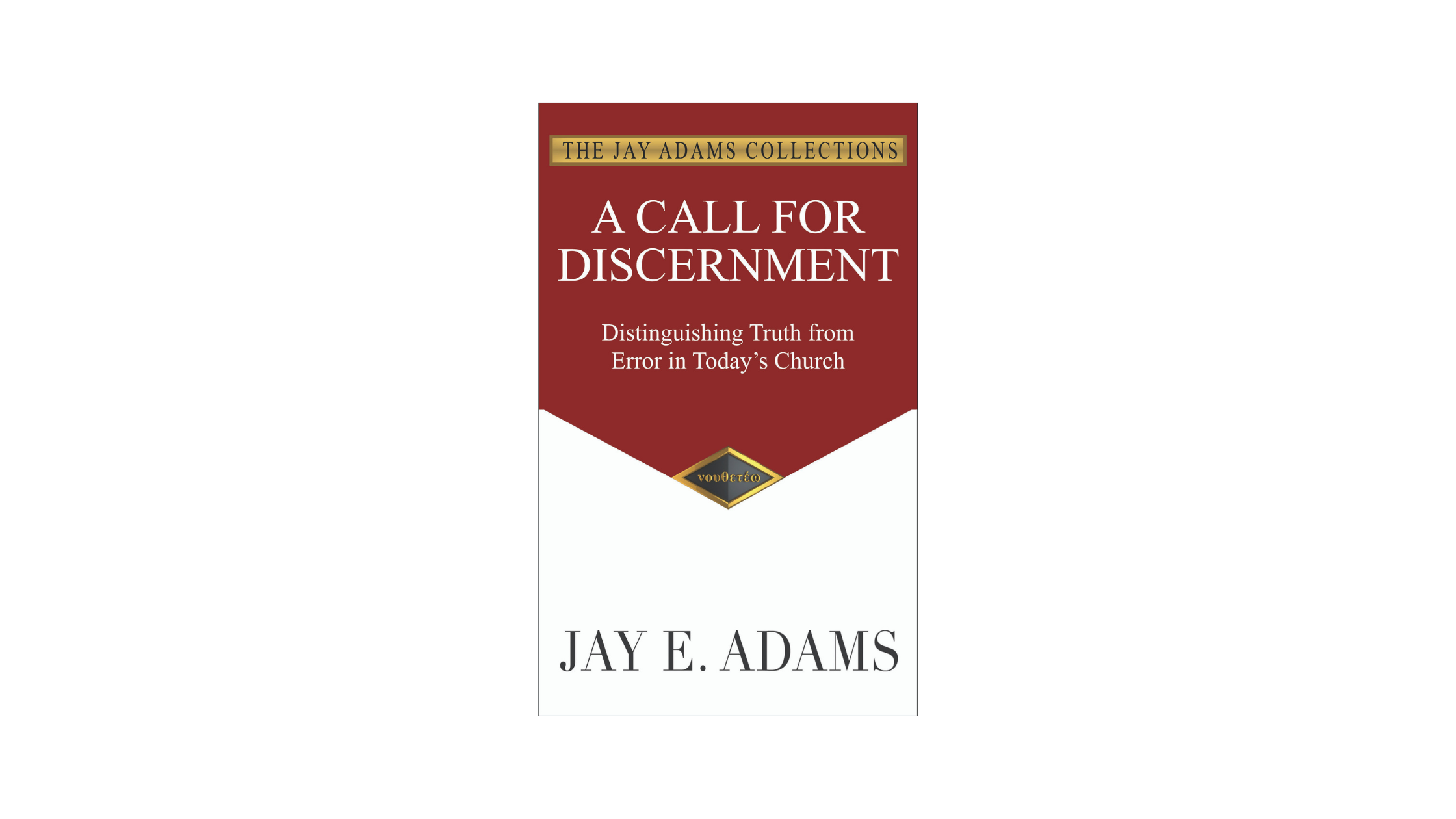
I pray that your love will abound more and more in full knowledge and clear perception, so that by testing them you may discriminate between things that differ in order that you may be pure and free from impediments for the Day of Christ.
“It’s an interesting prayer. What do you think he was referring to?”
Gaining enough knowledge and clear understanding of God’s truth that they would be able to distinguish between truth and error and, thereby, would be able at the judgment to honestly say that they had believed and lived in accordance with it.
“There’s a lot to that.”
There certainly is, but life isn’t simple. That’s why we have to spend time studying the Scriptures so as to be able to distinguish things that differ—after all, everything that glitters isn’t gold.
“A lot of people are mixed up right at that point aren’t they? They can’t distinguish between truth and error.”
Yep. You call that a lack of discernment.
“Discernment. Hmmm. Exactly what is discernment?”
Just what Paul said—the ability to distinguish between things that differ—even when they seem to be alike.
“Is it a separating process?”
You might say that. As a matter of fact, one of the Hebrew OT words for discernment is bin, a term that means to “separate one thing from another.” Many people have been duped by Jehovah’s Witnesses’ materials because they look as if they are Biblical. But they aren’t. It takes discernment to know that. Not everyone that quotes the Bible does so accurately. Paul wanted his readers to be able to make sharp, clear distinctions. How something is worded can make all the difference between whether it is a truthful or erroneous statement.
“I can see that. And it sounds like it can be difficult. Will God give us discernment simply by asking?”
Well, in Solomon’s case He did just that. One minute he didn’t have it—then poof! He did. However, that was a special occasion. Today, discernment comes when we prayerfully study and apply the Scriptures. The author of Hebrews said that one who is “inexperienced with the righteous Word . . . still needs milk.” Like a baby. He doesn’t understand much about biblical truth.. But the “mature” person’s “perceptual faculties have been trained by practice to distinguish good from evil” (Hebrews 5:13,14). That’s discernment. And you see it comes by training in the Scriptures. The Bible is the standard for judging between the things that please God and those that don’t.
“So, if I don’t want to be a sucker for every well-packaged program that calls itself biblical, but really isn’t, I have to be “trained” so that my ability to perceive differences will become sharp enough to do so?”
You’ve got it!
“But how can I become trained?”
Such training should come from your church. If it doesn’t, you may have to do some reading up on it. I’d suggest that you might begin with my book, A Call to Discernment. That would get you started, anyway.
“Good, thanks for the explanation. Might just do that!.”
Quite welcome. In fact, after reading the book, you ought to be able to discern whether or not my book is true! Give that a thought or two!
“Huh?”

